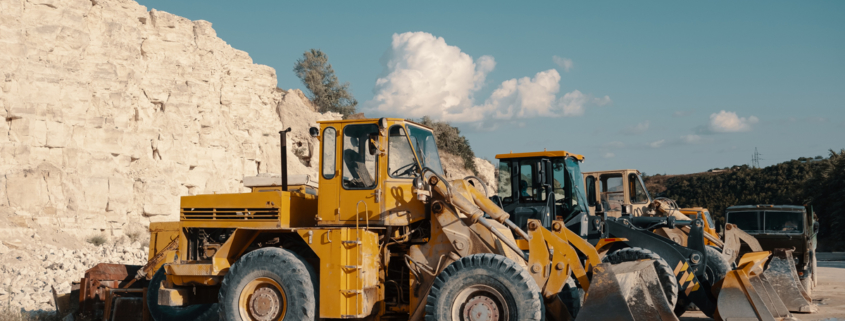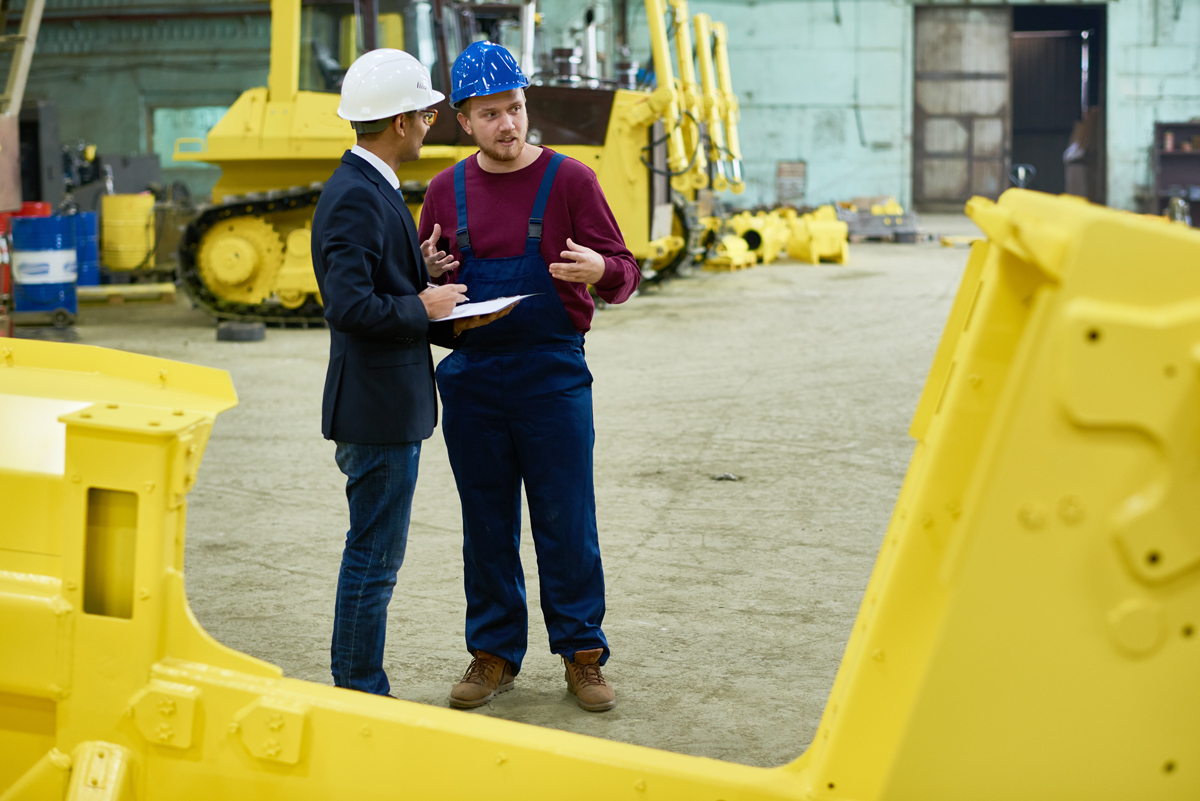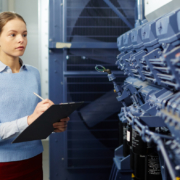What to Consider When Leasing Heavy Equipment
Purchasing new equipment can be a big investment, no matter the business size.
Fortunately, there are options to consider when you’re in need of a new machine. The best way to move forward is to take time examining your financial options—it will benefit your bank account in the short and long term.
Renting, Financing & Leasing
The most common means of acquiring equipment, such as excavators and wheel loaders, are renting, financing or leasing. Each has its pros and cons. First consider the benefits of renting equipment. Renting a machine is relatively self-explanatory. If you need a piece of equipment but do not want to own it, then renting works well. It allows you to access equipment so you can use it with no commitment to keep it. You can try out a machine to see if you like it.
There are some downsides to renting, though. First, you aren’t investing in the equipment. Your machine rental payments will not increase your capital in the long run. Just as well in renting, you may pay a higher rate per hour than you would if you bought the machine. The money you spent on renting doesn’t build equity.
It doesn’t normally go toward the ownership of the machine. That means you may still need to invest in another piece of equipment in the future, depending on your circumstances. An exception is the rental-purchase option, in which you can typically apply a portion of rental payments toward the eventual purchase of a machine.
Financing equipment can also be a good option, especially with low interest rates. It works well for contractors who may not have the money to purchase equipment right away, but still want to buy a machine. As you likely already know, financing is borrowing the funds to buy the machine and then paying back the money in installments. In this case, the machine acts as your collateral.
The benefit to financing is investing in equipment that you own, and it gives you time to pay for it in small doses over time. The downside is taking on debt until you pay it off. Plus, it’s important to note that you will also pay interest.
The third equipment acquisition option is leasing. In this situation, you lease and use equipment from your dealership for a defined period of time. The terms are typically written in 12-month increments with preset hour limits.
On the surface, leasing may seem like renting, but it can provide more benefits. With leasing, you get access to new equipment, often pay a lower monthly price and have options for your financial commitment level. When you lease, the equipment dealer
provides you with a machine in exchange for monthly payments. Again, this is like renting, but with the possibility of additional investment.
If you choose to lease a machine and end up wanting to buy it, you will know what the predetermined price will be at the end of the lease term. On the other hand, if you decide not to buy the machine, there is no commitment at the end of the lease.
Reasons to Lease Heavy Equipment
A contractor who can speak to the benefits of leasing is Western Earthworks owner Jack Henderson-Adams. His Massachusetts company leases its heavy construction equipment.
“Not everybody has 30% to throw down on a down payment on a $250,000 machine,” said Henderson-Adams. “For me, that doesn’t make sense. I run a small company and a big down payment really throws off our cash flow, which at times can be a challenge. For us, we’re looking at a $1,700 monthly lease payment or a $3,000 monthly payment for 60 months in buying it.”
Not only can leasing allow you some financial freedom, but it helps guarantee some quality assurance. Where a used machine may not come with a history, a piece of leased equipment has a known service history, so you know more about what you’re getting.
“There’s a lot of used equipment out there,” said Henderson-Adams. “I could go buy an excavator for $50,000, but I don’t know where that’s been. That’s a huge gamble. While I might save a lot of money and then own that machine outright, I could go out on my first job and I could have a $15,000 breakdown. That’s going to put me out.”
According to Henderson-Adams, “If I want that machine, and I’m going to lease it, I know where it’s been. I know how I took care of it. I know every little nook and cranny, scratch, ding and dent, and I own that. It’s mine. There are no surprises. It makes me feel safe.”
Consider This
So, what should you consider before leasing your next piece of heavy construction equipment? Up first is the timing. What projects have you earned for the 2021 construction season?
Have you evaluated your equipment needs? Does your local dealer have enough rental equipment? If not, you may want to lease a new machine and ensure it’s available when you need it.
Consider what makes the most financial sense for you. Keep in mind, if you need a machine for just one job, renting may be your best choice. If you know outright that you want to purchase a machine for the long haul, traditional financing may be your best bet.
Because of Section 179, you can benefit from leasing and take advantage of the tax benefits, similar to purchasing equipment. While the year has just begun, it is always beneficial to understand tax and deduction limits to plan ahead.
Contact us for more info on How to Lease Heavy Equipment now.






